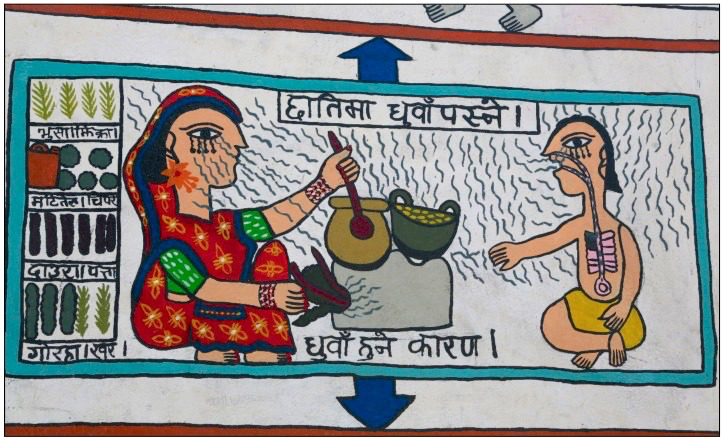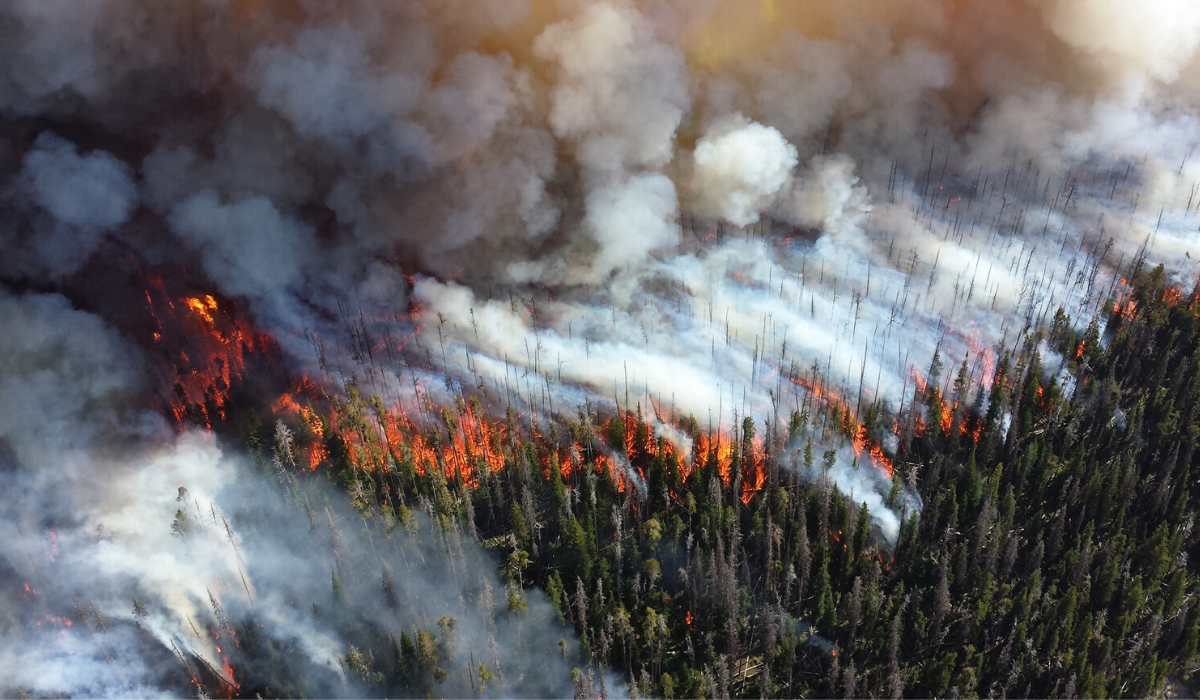


Media Contact: Holly Padove, (805) 773-1000; Holly@thepressroom.com
Public Contact: George Basch, (505) 363-8863; george@himalayanstoveproject.org
For Immediate Release
Himalayan Stove Project Nominated for 2014 ‘Outdoor Inspiration Awards’
Charitable Organization Helps End Deadly, Eco-Damaging Pollution Caused by
Primitive Cooking Methods in the Himalayas
TAOS, NM (February 5, 2014) – The Himalayan Stove Project — a volunteer-run humanitarian organization that donates and distributes free, clean-burning, fuel-efficient cookstoves to protect the lives and environment of the people of the High Himalayas from deadly and damaging Household Air Pollution—earned a top nomination for the prestigious Outdoor Inspiration Awards on January 25, 2014.
Created by adidas Outdoor and announced at the 2014 Outdoor Retailer Winter Market held in Salt Lake City, Utah, the Outdoor Inspiration Awards recognize individuals, groups and companies whose efforts are breaking new ground and encouraging others to participate in outdoor activities. The Himalayan Stove Project received runner-up acknowledgment in the Group category, while the 2014 award winners were Timbuk2 (Company), NOLS: Expedition Denali (Group), and Timmy O’Neil (Individual).
“Though a ‘bridesmaid’ for this year’s award, the Himalayan Stove Project was a top contender due to its dedication to neutralizing a critical threat to the health of the people living in the trans-Himalayan region and to the natural beauty of the Himalayan environment: excessive fuel use,” says George Basch, “Chief Cook” at the Himalayan Stove Project.
Basch, with the support of key corporate sponsors such as Eddie Bauer, adidas, Kahtoola, MSR, 1% for the Planet, and Rotary International, founded the Himalayan Stove Project to address the issue of Household Air Pollution (HAP), the “silent killer” that is responsible for four million global deaths each year (more even than the mortalities caused by malaria, HIV/AIDS and tuberculosis, combined).
“It is common in developing countries and regions such as the High Himalayas for the people to use primitive cook stoves or even open fire pits inside their homes,” Basch explains. “Over time, these people burn excessive amounts of precious fuel, thereby inhaling toxic amounts of polluted air and depleting the natural resources of an internationally treasured geographic region.”
Basch says that since starting the Himalayan Stove Project, he has been surprised by how few first-world inhabitants are aware of the global issue of HAP. Once they learn, however, most people agree with Actress Julia Roberts, the Global Ambassador for the Global Alliance for Clean Cookstoves, who says in the organization’s promotional video, “I strongly believe that cooking shouldn’t kill. Don’t you?”
Beginning in early 2011, the Himalayan Stove Project and its Himalayan Partners have installed 1,400 clean-burning, efficient stoves to impoverished homes across remote mountainous regions of Nepal, with an additional 1,500 stoves in-transit for delivery in February 2014. Vastly improving fuel efficiency, the stoves reduce the amount of bio-mass fuel (such as wood or dung) needed for cooking by 80 percent.
“This is an area where the average monthly income is less than $20, and the altitude is 10,000 feet or higher,” Basch describes. “Without the help of our modern stoves, these communities are forced to expend tremendous amounts of effort and sacrifice safety and shelter to forage for fuel sources. In more ways than one, and in no uncertain terms, our stoves can mean the difference between life and death—and between a pristine or deforested Himalayan landscape.”
THE HIMALAYAN STOVE PROJECT was founded by adventurer, photographer and entrepreneur George Basch to help bring an end to Household Air Pollution, a little-known global pandemic caused by pollution from rudimentary cooking methods in developing countries and responsible for four million global deaths each year. An implementing partner of the Global Alliance for Clean Cookstoves, the Himalayan Stove Project donates and distributes free, clean-burning, fuel-efficient Envirofit cook stoves to people of the High Himalayas to reduce their cooking fuel consumption by 80 percent, thus improving air quality and protecting important environmental resources.
For more information about the Himalayan Stove Project, located at 1335 Paseo del Pueblo Sur, #305, Taos, NM, 87571, visit www.himalayanstoveproject.org or call 505.363.8863. All media inquiries can be directed to Holly Padove at On the Horizon Communications (805.773.1000; Holly@thepressroom.com ).



Thank you for contacting Himalayan Stove Project. You have been successfully subscribed to our newsletter!